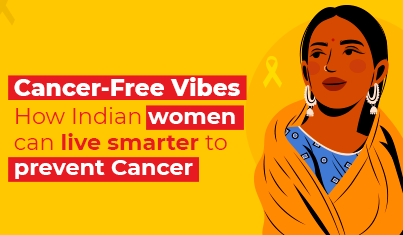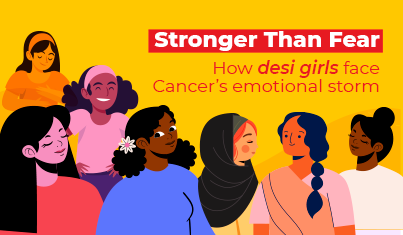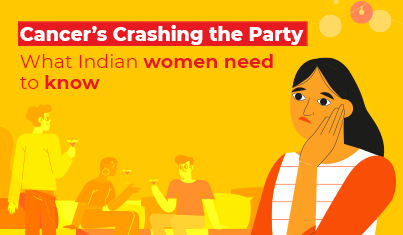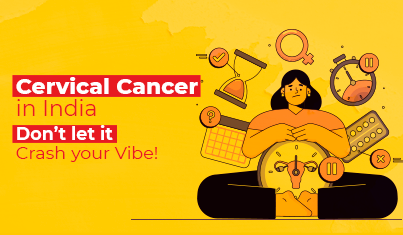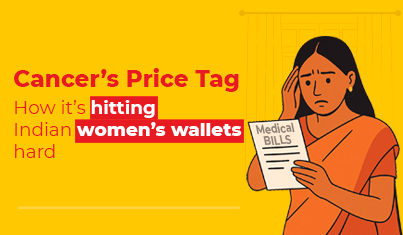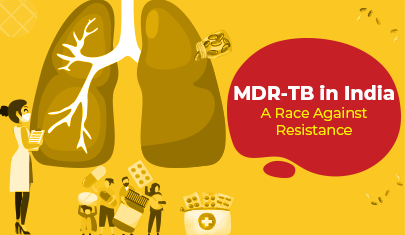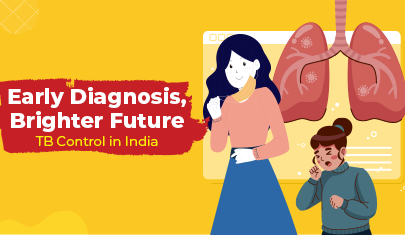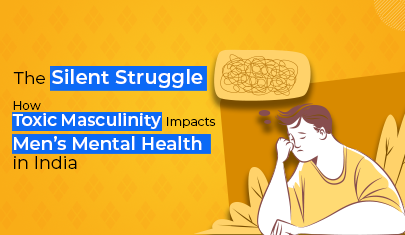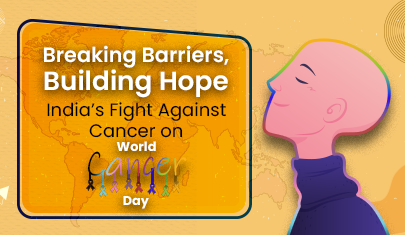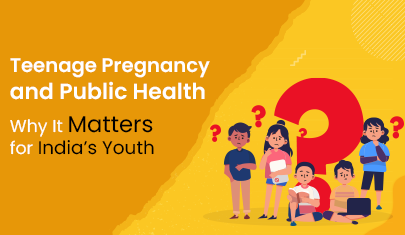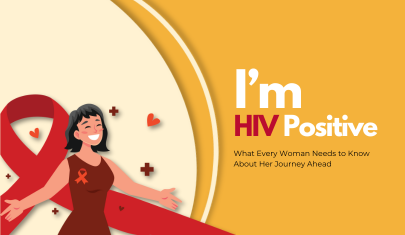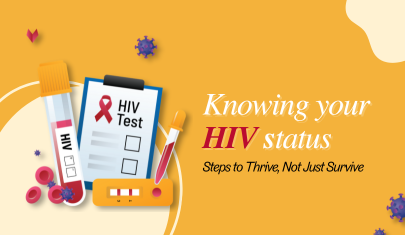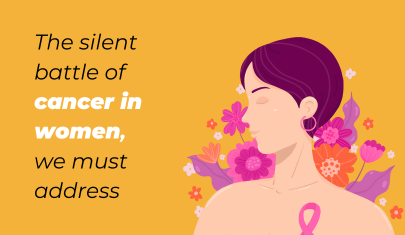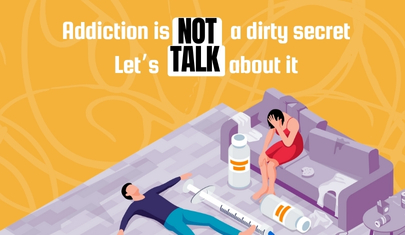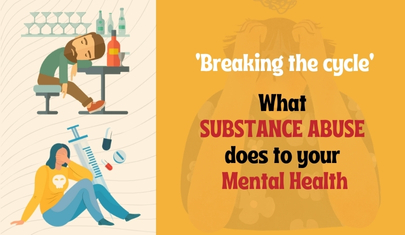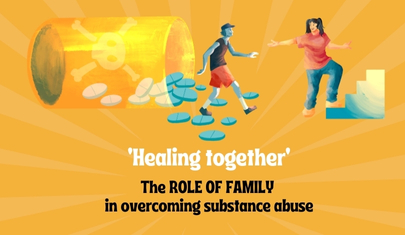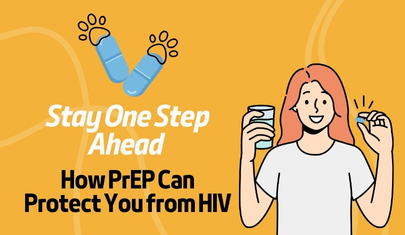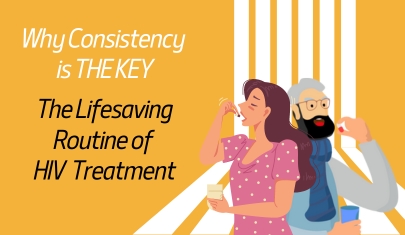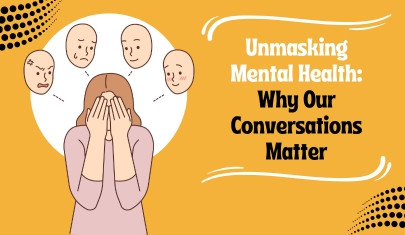General
Loving through it all A woman’s journey of caring for her HIV-Positive husband
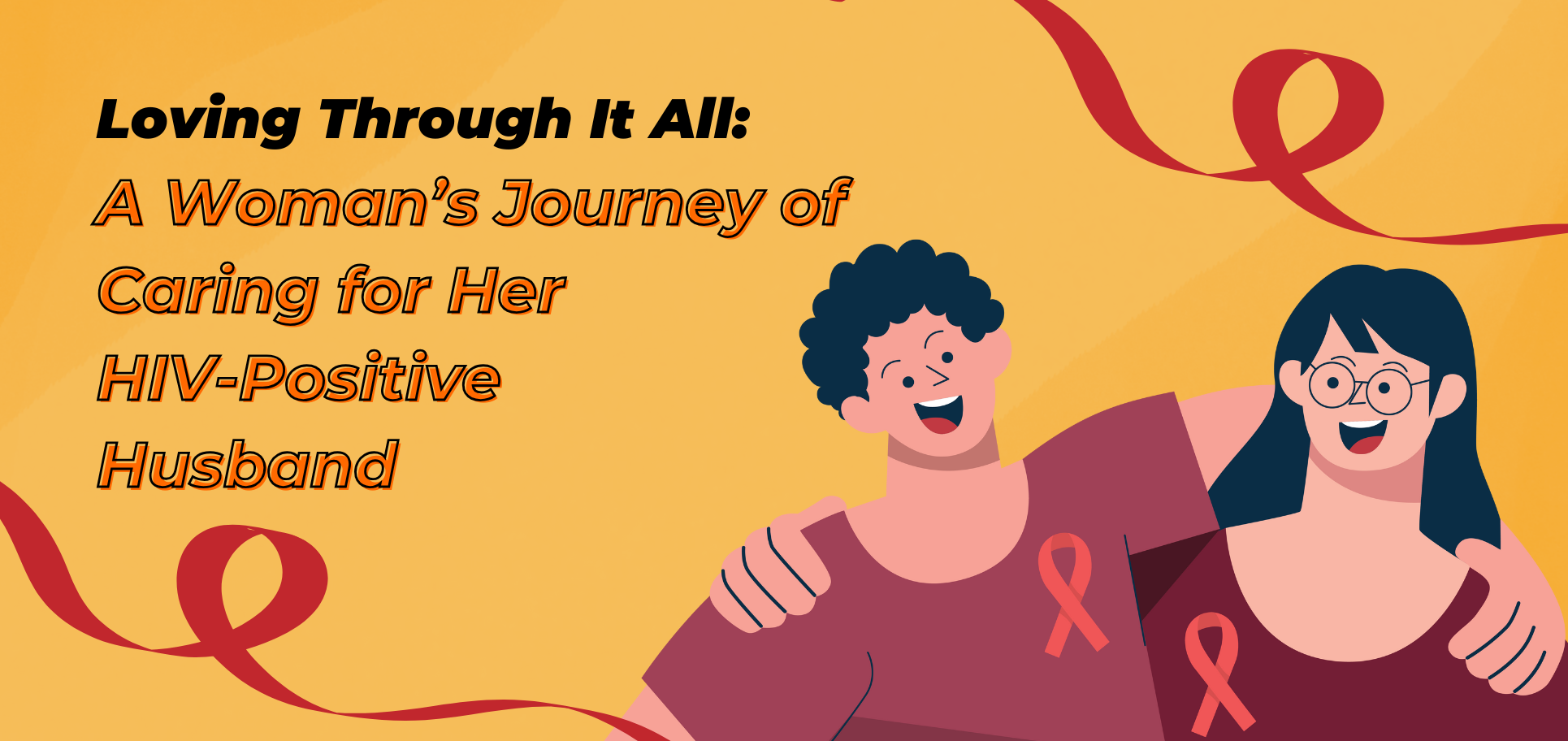
Hey,
The moment you discover that your husband is HIV positive can feel overwhelming. You may find yourself filled with questions and emotions that seem impossible to process. What will happen next? How can I care for him? What does this mean for our future? In India, where marriage is considered sacred and the woman is often the emotional backbone of the family, the role of caregiving falls naturally on the wife’s shoulders. But being a caregiver to an HIV-positive husband isn’t just about the physical aspects—it’s an emotional journey, too.
If you are a woman who may or may not be HIV positive but your husband is, know that you are not alone. There are ways to navigate this journey, balancing love, care, and self-care, while managing the challenges that come your way. Let’s walk through what this journey looks like and how you can cope while continuing to nurture your relationship.
Understanding HIV: It’s Not the End of the Road
The first thing to remember is that HIV is no longer a death sentence. With modern antiretroviral therapy (ART), people living with HIV can lead long, healthy, and fulfilling lives. Your husband’s diagnosis doesn’t mean the end of your life together—it just means that you’ll need to make some adjustments.
Antiretroviral therapy works by controlling the amount of HIV in the body, reducing the viral load to undetectable levels. This means that your husband can maintain his health and also prevent the transmission of HIV to others, including you, if you're not HIV positive. The medical term for this is U=U (Undetectable = Untransmittable), which can be incredibly reassuring.
Your role as a caregiver begins with education. Understanding your husband’s condition, his treatment plan, and how HIV is managed can empower you to support him more effectively. Knowledge is a powerful tool in reducing fear and helping both of you move forward with confidence.
The Emotional Toll: How to Cope with Your Own Feelings
Taking care of someone you love is not just about physical caregiving. It’s also an emotional process, and sometimes, it can feel overwhelming. You may have questions like, Why did this happen to us? How can I protect myself? Will we face social stigma?
As a wife, it’s natural to worry about how HIV will impact not only your husband’s health but also your emotional connection and the way society views your relationship. You might also feel isolated or stressed, especially if you’re the only one aware of his diagnosis. In Indian settings, family and societal expectations often add an extra layer of pressure.
Here are some ways to cope emotionally:
• Acknowledge your feelings: It’s okay to feel scared, anxious, or even angry. These emotions don’t mean you are not strong enough—they are normal.
• Reach out for support: Talk to a trusted friend, family member, or counsellor. If you don’t feel comfortable talking to someone in your immediate circle, look for support groups for caregivers of HIV-positive individuals. Sharing your feelings can provide relief and perspective.
• Take time for yourself: Being a caregiver can be draining, both physically and emotionally. Make sure to set aside time to relax and recharge. Whether it's through yoga, meditation, or simply reading a book, caring for yourself is crucial in your ability to care for your husband.
Practical Steps: How to Care for Your Husband
Caregiving for an HIV-positive spouse in India often involves navigating both the healthcare system and family dynamics. As his primary caregiver, you will likely be responsible for ensuring he follows his treatment regimen, managing appointments, and offering emotional support. Here are some practical tips to guide you:
1. Stick to the treatment plan: ART is critical to your husband’s health, so ensure that he takes his medication as prescribed. Missing doses can lead to drug resistance, which makes the virus harder to control. Set reminders or create a daily schedule that makes it easier for him to stick to his medication routine.
2. Monitor his health: Regular check-ups are essential to track his progress and ensure the treatment is working effectively. Keep a record of his viral load tests, CD4 counts, and any side effects he may experience. This will help you stay on top of his treatment and communicate better with healthcare providers.
3. Educate yourself about transmission risks: If you are HIV negative, use protection (such as condoms) during sex to prevent transmission. If you’re both on ART and your husband’s viral load is undetectable, the risk of transmission is extremely low, but it’s still important to remain vigilant.
4. Support his mental well-being: Living with HIV can be emotionally challenging for your husband. He may experience feelings of guilt, anxiety, or depression. Encourage open conversations, and remind him that you are there to support him. If he struggles emotionally, consider seeking professional counselling together.
When He Won’t Talk About It: Navigating Silence Around His HIV Status
In some cases, your husband may have been diagnosed with HIV, but for his own reasons, he might not be ready or willing to discuss it with you. As a wife, you may sense something is wrong—changes in his behavior, hospital visits, or medications—but he may avoid the conversation. What do you do when he won’t talk about it, but you know?
This situation is incredibly delicate and emotionally challenging, especially within the context of marriage in India, where open communication about personal health is often seen as difficult. You might feel frustrated, hurt, or even helpless because you want to be there for him, but the silence is making it harder.
Here’s how you can approach this situation:
1. Create a safe, non-judgmental space: Understand that your husband may be struggling with fear, shame, or confusion about his HIV status. Instead of pushing for answers, create an environment where he feels safe to open up. Gently encourage open communication by letting him know that you are there for him, no matter what.
2. Choose the right time to talk: Timing is everything. Bringing up such a sensitive topic during a stressful moment can escalate tensions. Instead, find a quiet, relaxed moment to gently ask if everything is okay. Express your concern for his health and well-being without pushing too hard for immediate answers.
3. Respect his boundaries but offer support: If your husband isn’t ready to talk, respect his boundaries. Let him know that when he’s ready, you’ll be there to listen without judgment. Sometimes, giving him space can help him process his emotions and fears.
4. Get professional help: If the silence continues to weigh heavily on you, consider seeking advice from a healthcare professional or counsellor. They can guide you on how to approach the conversation and provide support for both you and your husband in this difficult time.
5. Stay informed and be prepared: Even if your husband isn’t talking about his HIV status, staying informed about the condition will prepare you for when the conversation eventually happens. The more you know about HIV and how it’s treated, the better equipped you’ll be to support him when the time comes.
Coping with Stigma: Facing Society Together
In India, the stigma surrounding HIV can be one of the toughest aspects to deal with. What will people say? What if our extended family finds out? These are common fears, especially when societal expectations and gossip can be overwhelming.
HIV remains misunderstood in many parts of the country, and the fear of judgment often causes people to keep their diagnosis a secret. You may be worried about how your in-laws, children, or community will react, and that’s understandable.
Here’s how you can navigate this challenge:
• Decide together who to tell: Disclosure is a deeply personal choice. You and your husband should discuss who you feel comfortable sharing the diagnosis with, whether it’s family members, close friends, or medical professionals. There’s no rush to tell everyone, and it’s okay to keep it private if you feel that’s the best option.
• Arm yourself with knowledge: The best way to fight stigma is through education. The more you and your husband understand about HIV, the better you’ll be able to respond to any misinformation or judgments that come your way.
• Seek out supportive communities: If you’re feeling isolated, consider joining an HIV support group where you can connect with others who are going through similar experiences. These communities can offer emotional support, practical advice, and a safe space to share your feelings.
Family Dynamics: Navigating Children and In-Laws
In Indian households, caregiving responsibilities often extend beyond just the husband and wife. What will my children think? How will my in-laws react? These are concerns many women face when their husbands are diagnosed with HIV.
• Children: If your children are young, they may not understand the complexities of HIV. It’s okay to share only what they need to know at their age level. For older children, being open about the situation can foster a sense of understanding and help them become more supportive. Let them know that their father is receiving treatment and that everything is being done to ensure his health.
• In-laws: The role of in-laws in caregiving can vary from family to family. Some may be supportive, while others may struggle to accept the diagnosis due to stigma or fear. Open communication with them can help ease tensions. If they are willing to help, delegate tasks like household chores or providing emotional support, which can ease your burden.
Finding Strength in Your Role as a Caregiver
Being a caregiver is a journey that requires resilience, patience, and a lot of love. Your role in your husband’s life as his primary support system is invaluable. Remember, you are not just helping him through his illness—you are standing by his side in a way that reflects the deep bond between you.
It’s okay to ask for help. Whether from healthcare providers, family members, or friends, caregiving doesn’t have to be a solo journey. Surround yourself with people who support you, and don’t hesitate to reach out to professionals when you need guidance.
YRGCARE is Here for You
At YRGCARE, we understand the challenges you face as a caregiver to your HIV-positive husband. You don’t have to go through this alone. We’re here to provide you with the support, resources, and medical guidance you need to care for your husband while also taking care of yourself.
Your strength, compassion, and dedication as a caregiver are a testament to the love you share with your husband. As the saying goes, "A woman’s strength is her family’s anchor, and her love is the pillar on which they lean." You are that pillar, and your unwavering support is what keeps your family strong.
Let YRGCARE be your partner in this journey, offering compassion, understanding, and expert care to help both you and your husband navigate this chapter of your lives together.
With warmth & support, Team Communications
Most viewed
#HIVAwareness #ARTTreatment #MentalHealthMatters #HIVStigma #HIVEducation #EmotionalSupport #CaregiverStrength #CaregiverSupport #CaregivingJourney #CaringForHusband #EndHIVStigma #FamilyCaregiver #HealthAndWellBeing #HIVCare #HIVCareInIndia #HIVCommunity #HIVPositive #HIVResources #HIVSupport #IndianCaregiver #LivingWithHIV #MarriageAndHIV #RelationshipSupport #SelfCareForCaregivers #SupportHIVAwareness #SupportHIVCaregivers #UndetectableUntransmittable #WomenEmpowerment #WomensStrength #CaringForLovedOnes




